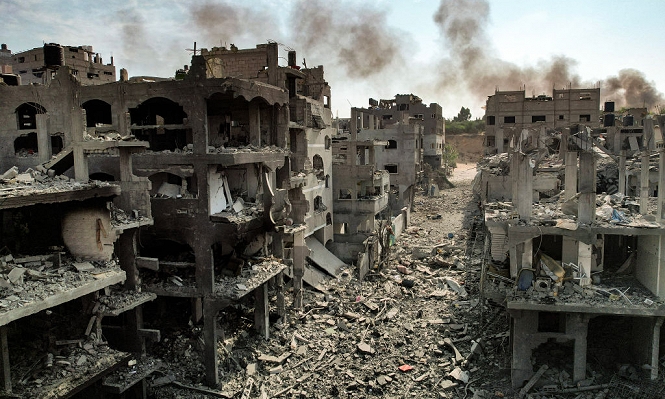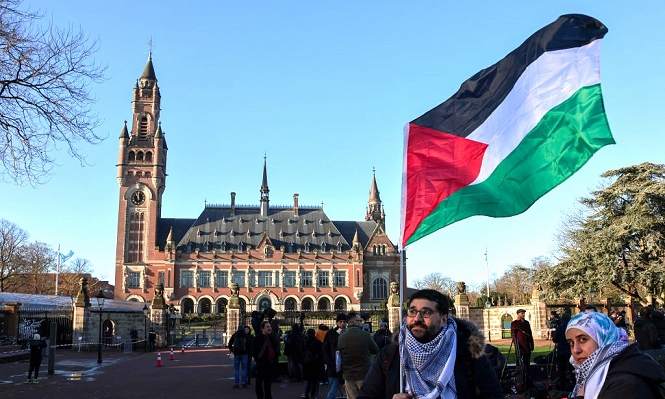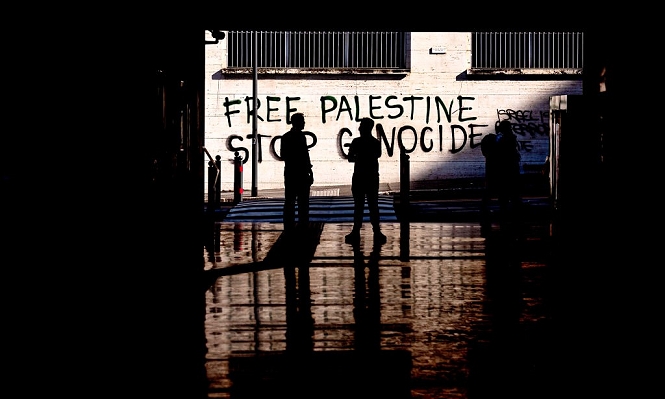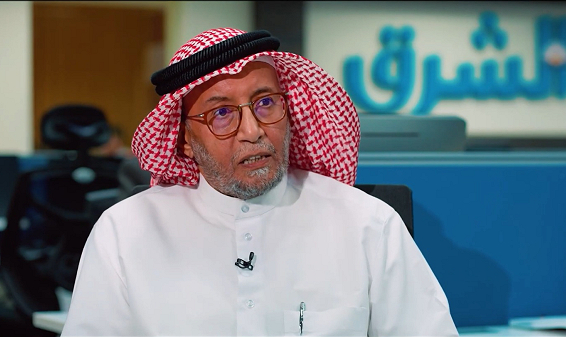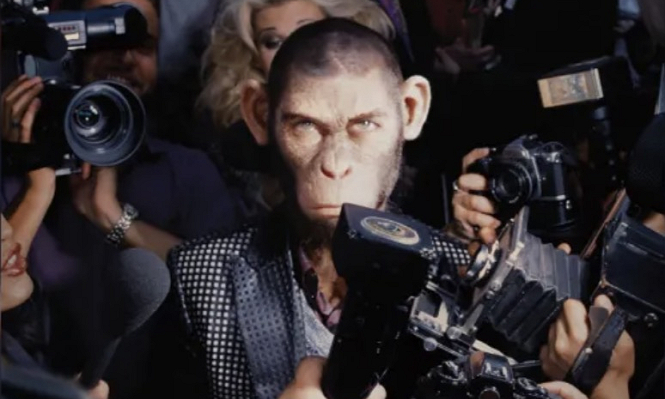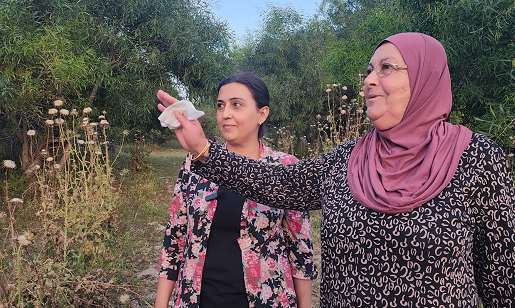الفوضى هي البيت
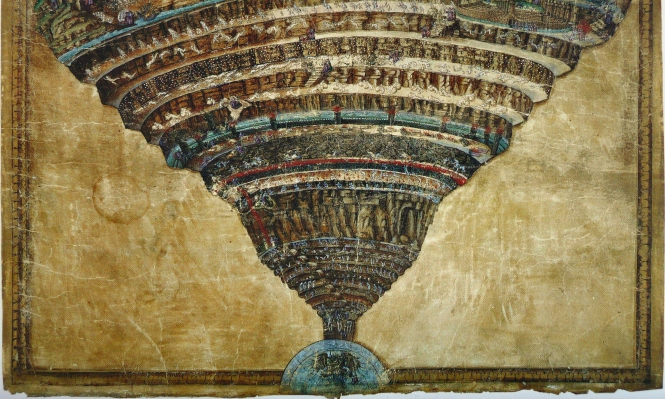
خاصّ فُسْحَة - ثقافيّة فلسطينيّة
المَطهَر في اللاهوت المسيحيّ عالم روحيّ موجود بين الجنّة والجحيم؛ فالأرواح المحكومة بدخول المَطهَر ليست شرّيرة بما يكفي لتُقذَف في الجحيم، إنّما عليها تطهير خطاياها حتّى تدخل الجنة. تُصوّر قصيدة دانتي من القرن الرابع عشر، "الكوميديا الإلهيّة"، المطهر جبلًا على هيئة جزيرة، يضمّ سبع شُرفات مع سلالم تصل ما بينها، تمثّل كلّ شرفة واحدةً من الكبائر السبع، تُجبَر الأرواح على صعود السلالم حتّى تصل أعلى الجبل، لتُثبت بذلك أنّها قد طُهِّرت من خطاياها في كلّ شرفة، قبل أن تتمكّن أخيرًا من الوصول إلى الفردوس.
تعجّ هذه المنطقة الرماديّة، هذا المَطهَر، بالألم والفوضى. يُقال لأولئك الّذين يعيشون فيها إنّه مكان غير طبيعيّ وغير مقدّس، ولكي يتمكّن المرء من الهروب منه، لا بدّ له من اختيار هويّة واحدة فقط
على غرار الجنّة والجحيم، كثيرًا ما يُنظر إلى مفهوم المكان والانتماء – "مَحَلّنا" – بعين الأبيض والأسود؛ فإمّا أن تكون واحدًا مِنّا وإمّا واحدًا منهم، إمّا أن تكون من هُنا وإمّا من هناك. إلّا أنّه ثمّة منطقة رماديّة بين هذين القُطبَين؛ عالَم رحب ليس طاهرًا ولا واضحًا بتفاصيله، يصعب تعريفه أو إدراكه، عالم ما بين بين، ينتمي إلى أشخاص علقت هويّاتهم في حالة دائمة من المِحَن الجغرافيّة أو الإيمانيّة أو القوميّة أو غيرها؛ فقد يُصادف - مثلًا - أن يكون الوالدان من خلفيّتَين عِرقيّتَين أو ثقافيّتَين مختلفتَين، أو أن يولد المرء في بلدة وينشأ في بلدة أخرى، والدولة الّتي يعيش فيها المرء قد لا تكون هي نفسها الدولة الّتي يشعر فيها بأنّه مرغوب فيه.
تعجّ هذه المنطقة الرماديّة، هذا المَطهَر، بالألم والفوضى. يُقال لأولئك الّذين يعيشون فيها إنّه مكان غير طبيعيّ وغير مقدّس، ولكي يتمكّن المرء من الهروب منه، لا بدّ له من اختيار هويّة واحدة فقط، "مَحَلّ" واحد فقط. وهكذا، نحاول صعود الجبل، راجينَ أن نُثْبت لمَنْ حولنا أنّنا، بالفعل، منهم، وأنّ وطنهم هو وطننا أيضًا. إلّا أنّ المَطهَر مكان قاسٍ، ما نلبث أن نجتاز اختبارًا واحدًا فيه حتّى يظهر لنا اختبار آخر، وعندما نفشل نُقذَف أسفل الجبل من جديد. ليس لدينا سلطان على أنفسنا وليس ثمّة نهاية لهذه المعركة التصاعديّة. وحدهم الآخرون، الّذين يلعبون دور الإله، مَنْ يمكنهم أن يحدّدوا متى تكون أرواحنا مُطهَّرة ومتى يمكن قبولنا. وحدهم مَنْ يقرّر متى ندخل الجنّة.
الآخرون هم مَنْ يقرّرون متى يجب عليهم قبولنا ومتى يجب عليهم تجاهلنا، والأحكام لا تبقى على حالها أبدًا: فاليوم يقبلوننا لأنّنا فعلنا "الصواب"، وفي يوم آخر ينبذوننا لأنّنا ارتكبنا "الخطأ"
نادرًا ما يُتاح لكثير من الفلسطينيّين – الّذين يتقلّبون بين هويّات مختلفة – تحديد هويّة "المَحَلّيّ" بمَحض إرادتهم الحُرّة؛ فإنّ من شأن امرأة فلسطينيّة في الشتات تزور وطنها، مثلًا، أن تظهر في عيون الآخرين أجنبيّة، يسخرون منها للغتها العربيّة المكسّرة ولنشأتها الغربيّة، أو أن تشعر امرأة فلسطينيّة تنتقل للعيش في بلدة زوجها بأنّها غريبة عن البلد، على الرغم من مكوثها هناك لفترة طويلة من الزمن، وعلى الرغم من محاولاتها الاندماج مع عائلتها الجديدة ومجتمعها الجديد، أو أن يُجْبَر فلسطينيّون كويريّون أو متحوّلون يناضلون من أجل تحرير شعبهم على إخفاء هويّتهم الحقيقيّة، مدركين أنّ الكثيرين سوف يزدرونهم لو عملوا مَنْ أَحَبّوا.
في هذا المَطهَر، كلّ فكرة تراودنا، وكلّ عمل نقوم به، وكلّ كلمة نتفوّه بها، تكون عرضة دائمًا لإطلاق الأحكام، والآخرون هم مَنْ يقرّرون متى نكون مَحَلّيّين ومتى نكون غرباء. الآخرون هم مَنْ يقرّرون متى يكون رأينا شرعيًّا ومتى لا يكون. الآخرون هم مَنْ يقرّرون متى يجب عليهم قبولنا ومتى يجب عليهم تجاهلنا، والأحكام لا تبقى على حالها أبدًا: فاليوم يقبلوننا لأنّنا فعلنا "الصواب"، وفي يوم آخر ينبذوننا لأنّنا ارتكبنا "الخطأ"؛ فإذا بنا نُترَك، مُسربَلين بلعنة هذا الوجود الأبديّ، مع شعور بالعجز والريبة والوجع والضياع.
في الحقيقة، ليس ثمّة جنّة ولا جحيم، لا أبيض ولا أسود، لا فوز ولا خسارة. بشكل أو بآخر، جميعنا عالقون في عالم رماديّ
ولكن ماذا لو كان الآخرون على خطأ؟ ماذا لو كان المَطهَر مكانًا يبعث على الثبات؟ ماذا لو كانت ريبتنا في واقع الأمر وضوحًا ويقينًا؟ ماذا لو كانت فوضانا شيئًا جميلًا؟
في الحقيقة، ليس ثمّة جنّة ولا جحيم، لا أبيض ولا أسود، لا فوز ولا خسارة. بشكل أو بآخر، جميعنا عالقون في عالم رماديّ، أحيانًا نجد الضوء وأحيانًا العتمة، على أنّ الرماديّ باقٍ إلى الأبد. إنّه صراع أبديّ لا حلّ له، جبل يستحيل الوصول إلى قمّته، ولا بأس في ذلك. لا أحد طاهر حقًّا. لا أحد يهرب من محنة النفس؛ لذا نكذب على أنفسنا، بشدّة، عندما نظنّ أنّنا يمكن أن نكون شيئًا واحدًا فقط، أنّنا لا ننتمي إلّا إلى مكان واحد، وهويّة واحدة، ومحلّ واحد. إنّنا كلّ شيء ولا شيء، وعلينا أن نقبل هذا الأمر؛ أن نقبل أنّ المَطهَر صار وطننا، أنّ الرماديّ بات قوّتنا، أنّ الفوضى هي مَحَلّنا.
:النصّ بصيغته الإنجليزيّة الأصليّة
Chaos is Home
Amjad Iraqi
Purgatory, in Christian theology, is an unearthly world that exists between heaven and hell. Souls that are condemned to this realm are not wicked enough to be cast into hell, but have sins that must be purified before being welcomed into heaven. In the 14th century poem Divine Comedy, Dante describes purgatory as an island-mountain with seven terraces connected by a stairway, each representing one of the seven deadly sins. The souls must climb their way up the mountain, proving that they have cleansed their sins at each terrace, before they can finally reach paradise.
This grey zone, this purgatory, is filled with pain and chaos. Those of us who live in it are told that it is an unnatural and unholy place, and that in order to escape it, we must choose only one identity, one ‘mahal’
Like heaven and hell, our sense of place and belonging – ‘mahalna’ – is often viewed in black-and-white terms. You are either one of us or one of them; you are either from here or from there. But between these two poles also exists a grey zone; a vast world that is not pure or precise, that is hard to define and hard to comprehend. This world belongs to people whose identities are trapped in a constant state of crisis – of geography, of faith, of nationality, or other. One’s parents might have different racial or cultural backgrounds; the city one was born in may not be the place where they grew up; the country one lives in may not be where they feel most welcome.
This grey zone, this purgatory, is filled with pain and chaos. Those of us who live in it are told that it is an unnatural and unholy place, and that in order to escape it, we must choose only one identity, one ‘mahal’. And so, we try to climb the mountain, hoping to prove to those around us that we are indeed one of them, and that their home is our home too. But purgatory is brutal. After we pass one test, another one appears, and when we fail we are thrown back down the mountain again. We have no agency and no end to the upward battle. Only other people, playing God, can determine when our souls have been purified and when we can be accepted. Only they can decide when we enter heaven.
Others decide when we are locals and when we are strangers. Others decide when our opinion is legitimate and when it isn’t
For many Palestinians straddling different identities, ‘mahalli’ is rarely determined by their own free will. A young Palestinian in the diaspora who visits her homeland may find she is looked upon as a foreigner, mocked for her broken Arabic and Western upbringing. A Palestinian woman who moves to her spouse’s town can feel like a constant outsider, struggling to integrate with her new family and community. A queer or trans Palestinian fighting to liberate his nation may feel forced to hide his true self, knowing that many will spurn him if they knew who he loved.
In this purgatory, every thought we have, every action we take, and every word we say, is under permanent judgement. Others decide when we are locals and when we are strangers. Others decide when our opinion is legitimate and when it isn’t. Others decide when we should be embraced and when we should be ignored. And the judgements are never the same: one day we are approved for doing something ‘right’, another day we are rejected for doing something ‘wrong’. Damned to this eternal existence, we are left feeling powerless, confused, hurt, and lost.
The truth is that there is no heaven and hell, no white and black, no winning and losing
But what if the others are wrong? What if purgatory is a place of strength? What if our confusion is actually clarity? What if our chaos is something beautiful?
The truth is that there is no heaven and hell, no white and black, no winning and losing. In one form or another, all of us are trapped in the grey realm – sometimes finding more light and sometimes more darkness, but forever grey. It is an eternal struggle without resolution, a mountain that is impossible to climb to its peak. And that is ok. No one is truly pure. No one evades a crisis of self. It is therefore a terrible myth to believe that we can only be one thing – that we can only have one place, one identity, one mahal. We are everything and nothing, and we should embrace it. That purgatory is our home. That greyness is our power. That chaos is mahalna.
* تُنشر هذه المادّة ضمن ملفّ "محلّيّ"، بالتعاون مع حركة شباب حيفا.
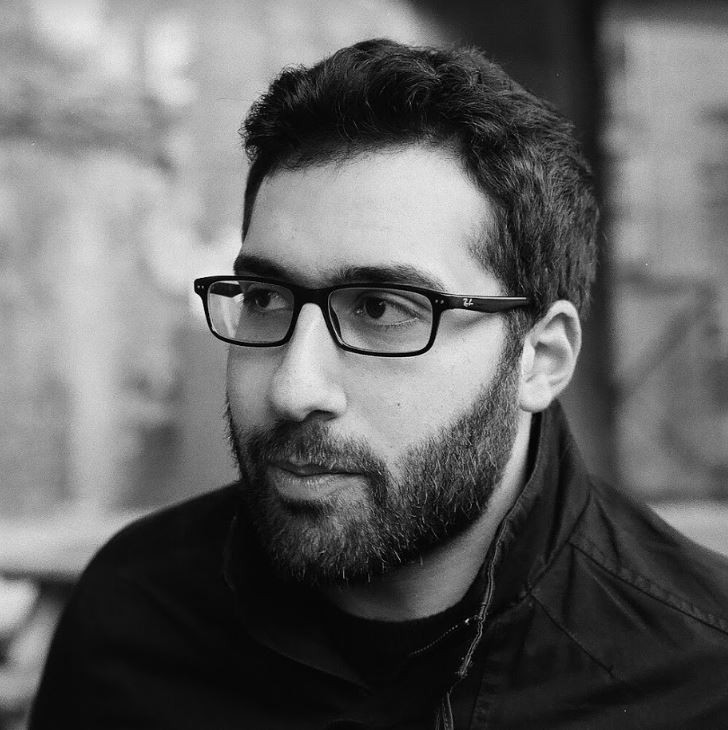
منسّق الدفاع في مركز "عدالة"، محرّر مساهم في مجلّة 972+، محلّل سياسات في Al-Shabaka.
